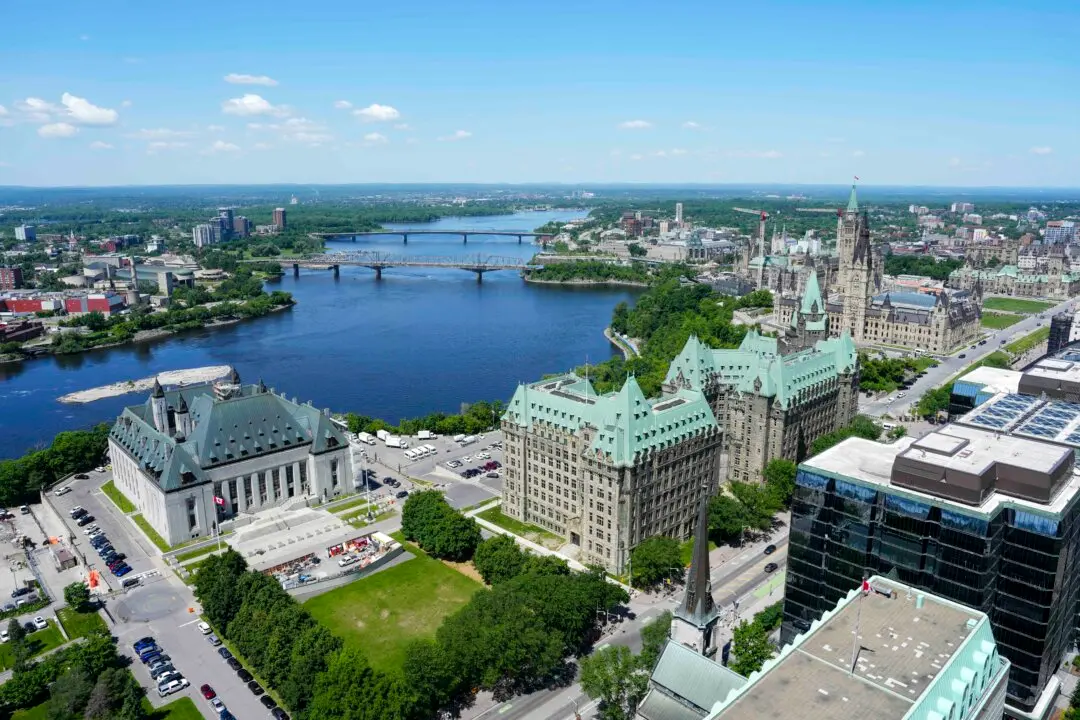Commentary
Canadian national identity and culture are in a state of precipitous decline. However, history teaches us that in the past nations have managed to reinvigorate themselves through sheer force of will, touching off periods of unparalleled cultural achievement.





